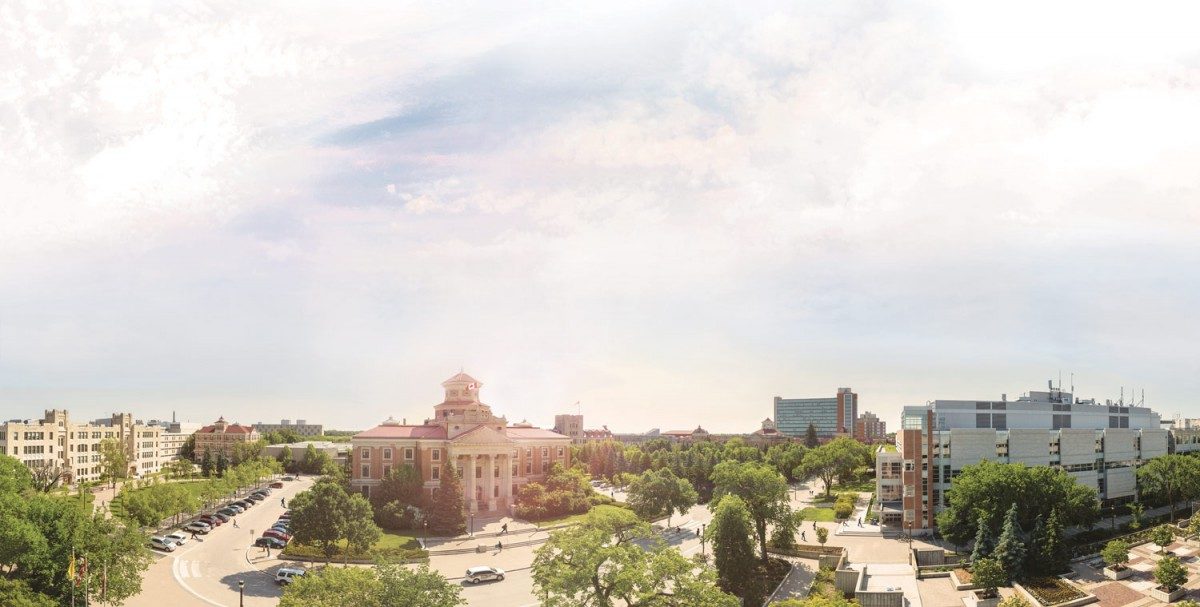
An Apology
Fall 2018
On Sept. 5, I reached out to our community to discuss the serious issue of sexual violence on campus. You may have seen some of the media coverage. I acknowledged that investigations into behavioural misconducts have taken place—and continue to take place. And I apologized to any students who have experienced inappropriate behaviour.
These have been challenging times for our university, and for all universities—for all society, in fact, as we grapple with the spectre of sexual violence. But I believe that universities can play a role in leading the way to a better world. We can set examples of education and prevention; we can develop policies that deal effectively and appropriately with sexual misconduct. That is the kind of role I know the University of Manitoba can play.
We have outstanding faculty who respect, engage and inspire their students every day: as alumni, you know that better than anyone.
Together, as a community, we will emerge stronger as we confront these issues and demand the best of ourselves, personally and collectively. You, too, in your communities and professions, can effect positive change.
The following is an excerpt from my statement, as well as examples of the tremendous work the University of Manitoba community has been doing to ensure a safe campus for all. I hope you take the time to read it, and to find a place for yourselves to help promote a better way forward.
As the University of Manitoba welcomes 30,000 students to its campus for a new academic year, I wish each of our students success.
I reiterate my commitment to a culture of respect, safety, consent and prevention—a place where we can all be comfortable and that we can all call home while we are here.
Incidents of inappropriate behaviour at this university have been reported and investigated over the last few years. Inappropriate behaviour, including sexual harassment and sexual assault on campus is unacceptable, and, quite honestly, I find such conduct to be horrible and appalling.
Today, I am apologizing to students who have experienced such inappropriate behaviour.
I am deeply sorry.
My promise to you is that we will do everything possible to shape a safe and healthy environment, and we will deal expeditiously with all violations that are reported.
To identify possible improvements, I am asking Donna Miller, QC, to co-lead a careful search and examination of our processes. An accomplished lawyer and passionate civil servant, Ms. Miller is the first woman in Manitoba to become clerk of the province’s Executive Council. She was appointed Queen’s Counsel and she received the Queen’s Diamond Jubilee Award for her contribution to public service.
We are in the process of confirming the other co-lead and will have more details soon.
I am specifically asking Ms. Miller to look at our policies, procedures and execution in such cases, and to provide us with a report on how we can do this better going forward. We will investigate how those accused and those found to be in violation are dealt with in terms of our contractual obligations, employment status, letters of employment, references, and so on.
Although I can’t speak to specifics, there are investigations ongoing now. We are committed to due process and to protecting the confidentiality of those with the courage to come forward. I am confident that when people are able to come forward and share their experiences confidentially and have them dealt with, we are all stronger for it. We must allow the courts to do their work when cases are before them.
These recent issues have caused us to pause and reaffirm our commitment to a culture where sexual harassment and sexual assault are not acceptable. We won’t tolerate this on our campus. I won’t tolerate this on our campus. I am committed to making this the university we all want it to be.
We have been expanding our support services for students—both in how to identify and how to report any form of sexual violence. We are committed to mandatory education on sexual violence, consent and power relationships and will work with faculty, staff and students to ensure the appropriate levels of support and training are provided.
We aim to tailor educational workshops to meet the specific needs of different groups and academic programs. For example, we created a new video that launched at New Student Orientation, introducing our students to these important issues.
We have also been delivering presentations on consent, power and advising relationships to international and graduate students in several faculties, including Music and Medicine. Part of orientation for all of our new faculty and academic administrators includes learning about consent culture, sexual violence policies and responding to disclosures. We are also working collaboratively with Bison athletes and coaches, as well as our Residence community, to provide education and support that best meet their needs.
During this upcoming academic year, we will be holding consultation town halls and meetings to reach out to all members of our community for input into a review and update of our Sexual Assault and Respectful Work and Learning Environment policies. Members of our community will also be able to contribute to this process anonymously online.
We are increasing supports on campus, which includes counselling staff embedded within faculties, more staff in our Human Rights and Conflict Management Office, and bringing more of our off-campus partners, such as Klinic, on site.
We move forward on all of these initiatives in collaboration with our student associations—UMSU and UMGSA—to ensure that our policies are strong, our supports are readily available, and that our community is well trained.
I look forward to your support in promoting a culture of respect, consent, safety and prevention.
David T. Barnard, President and Vice-Chancellor
University of Manitoba






